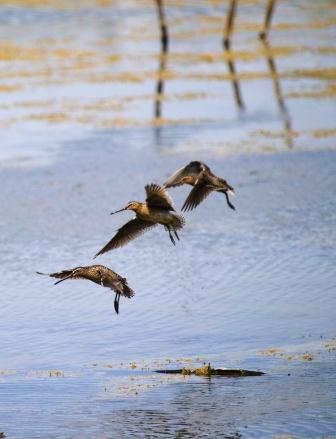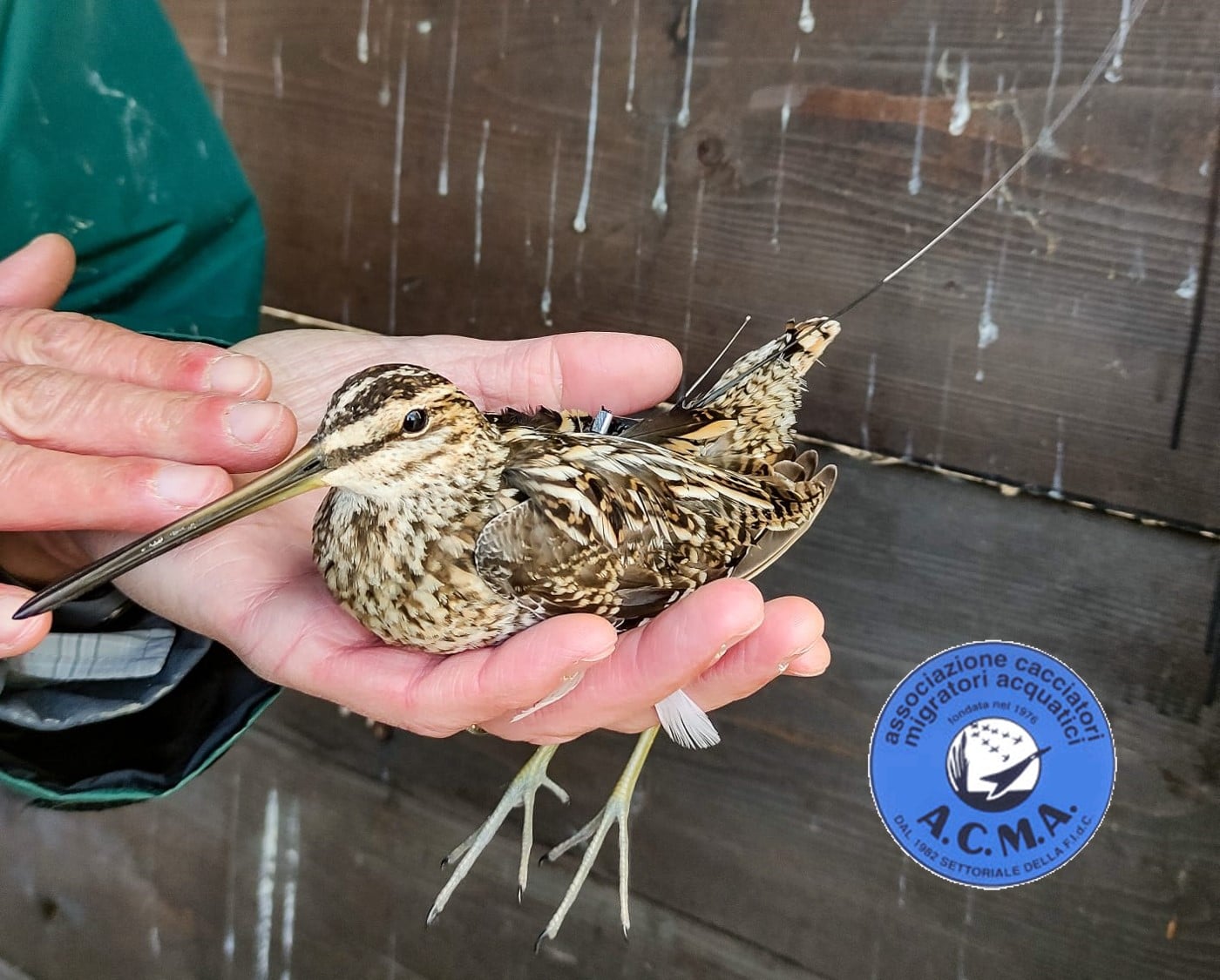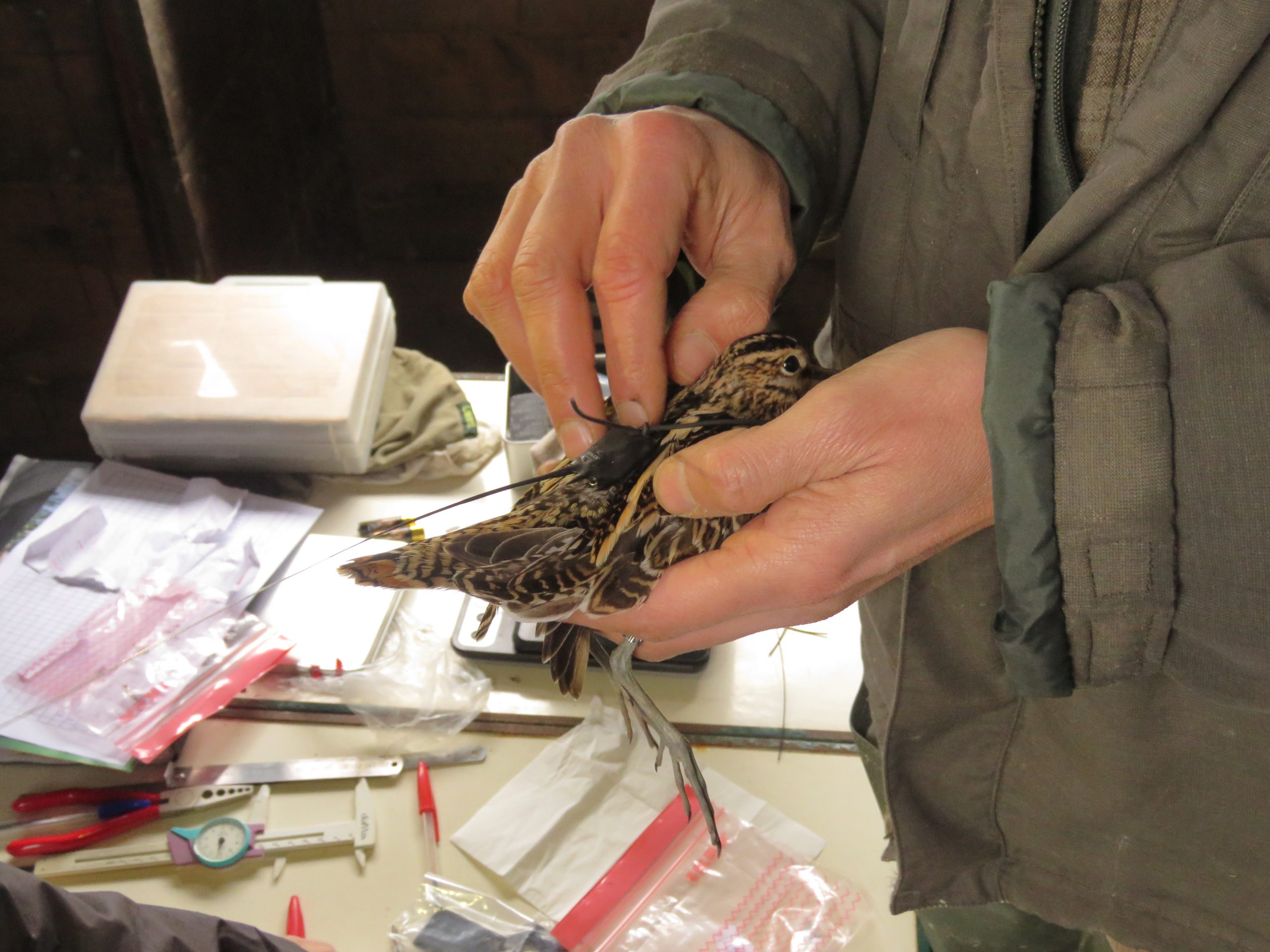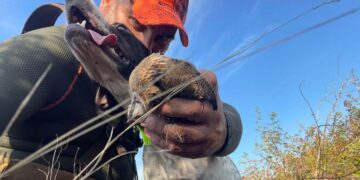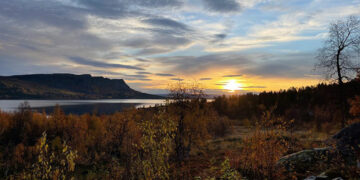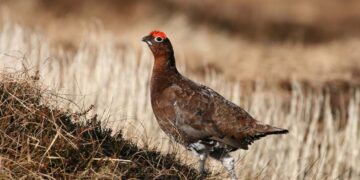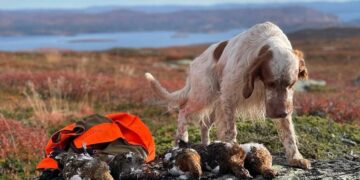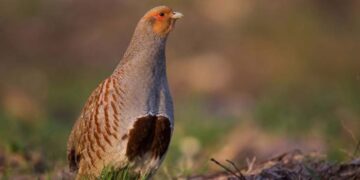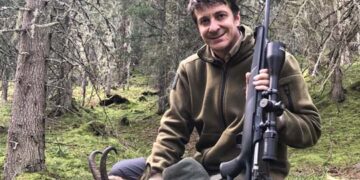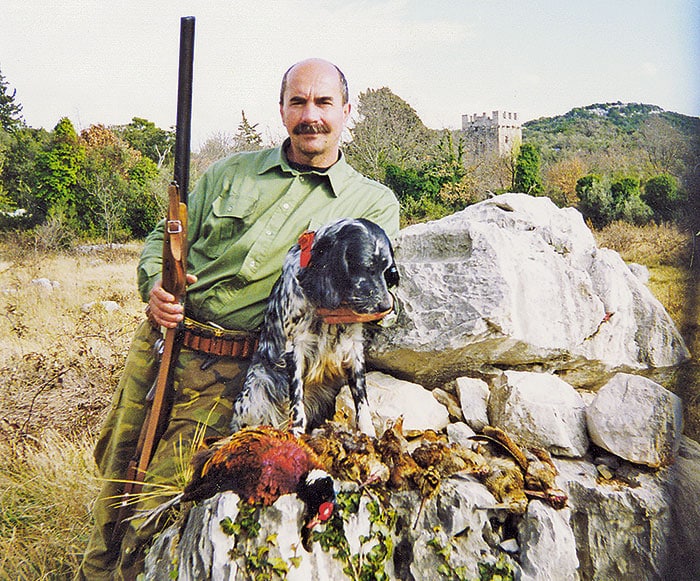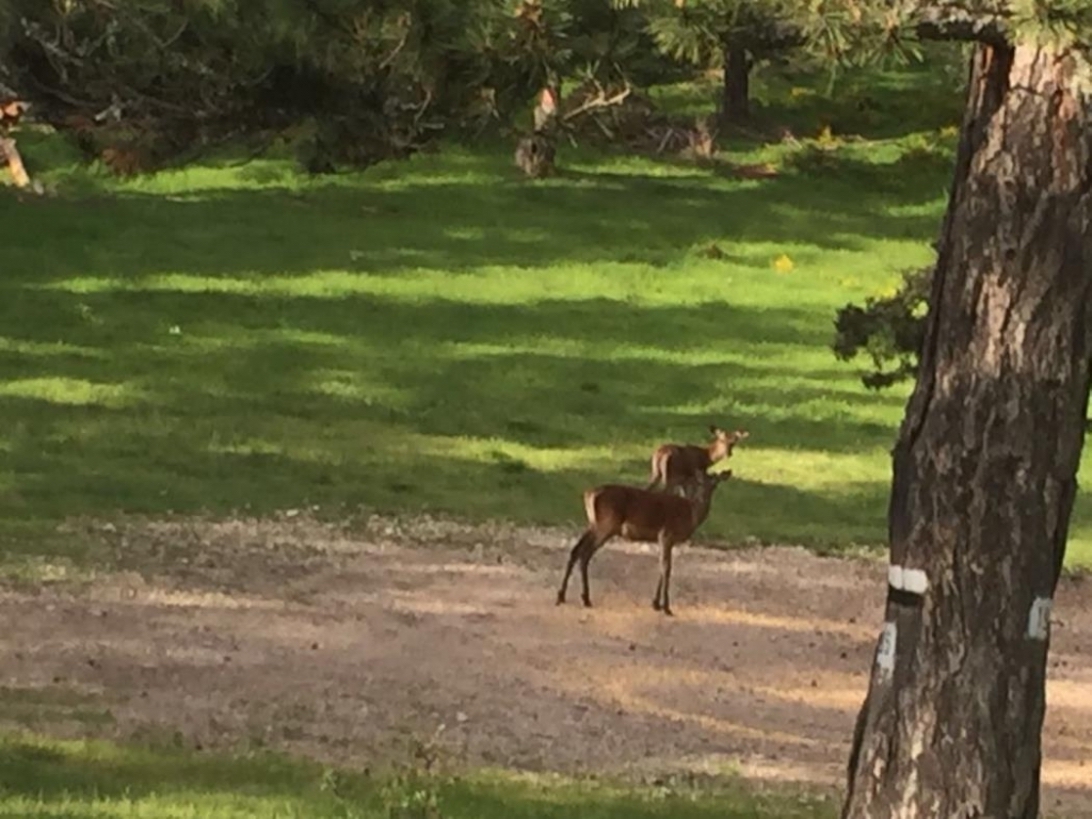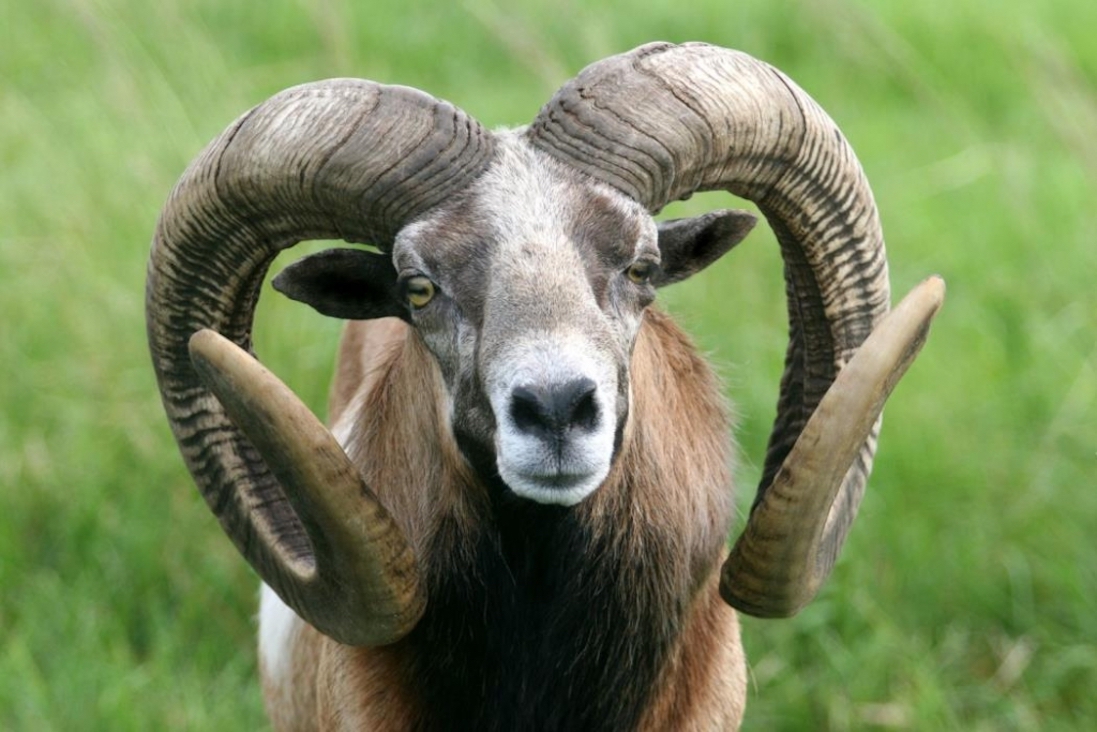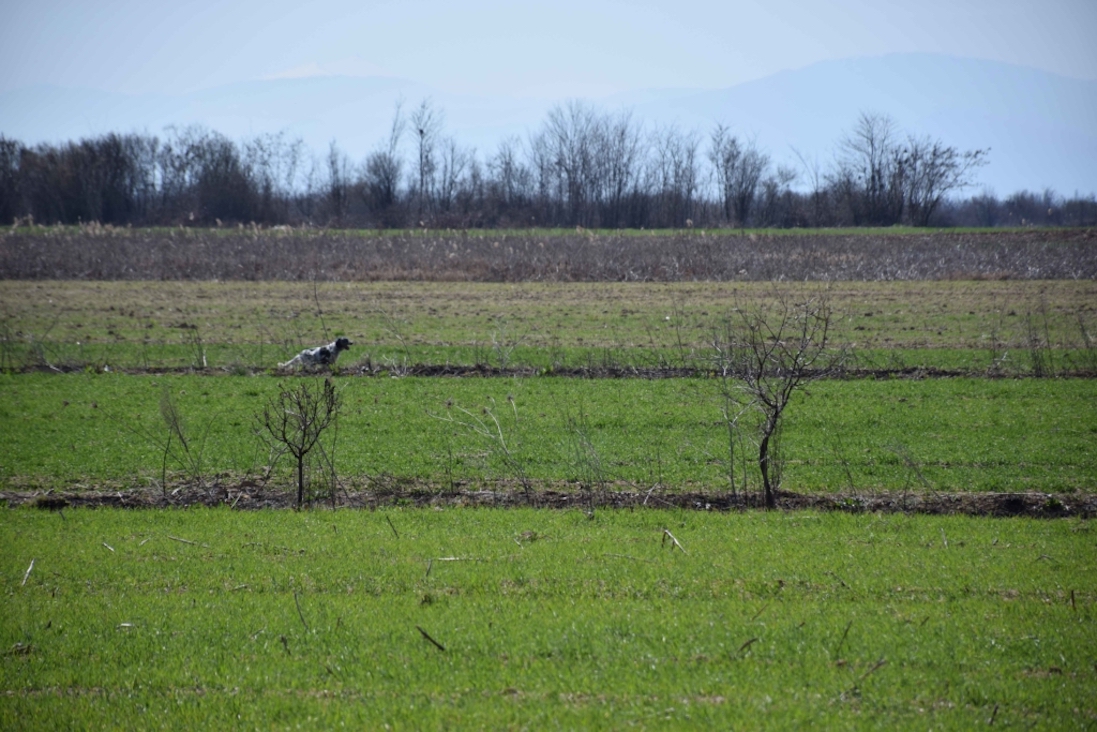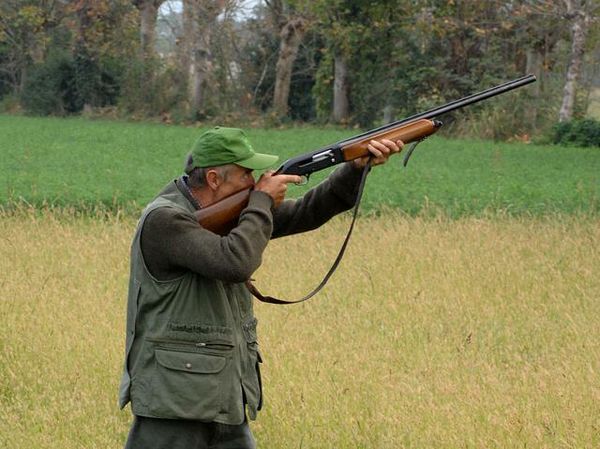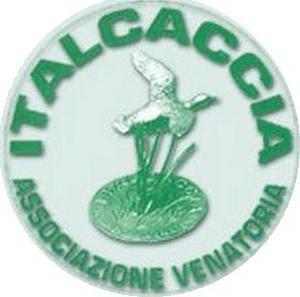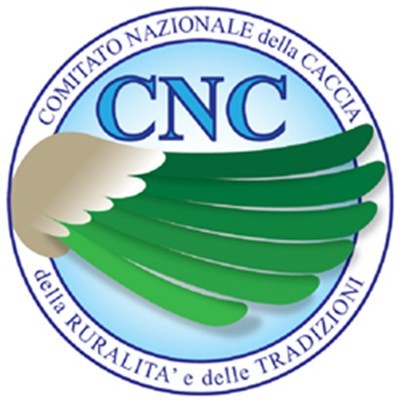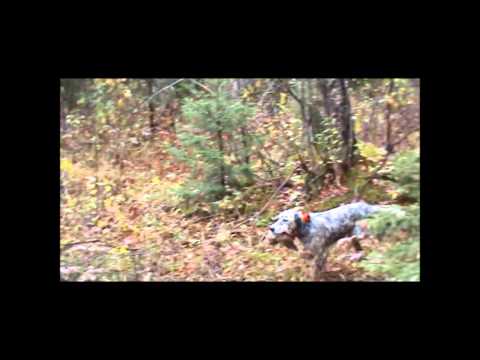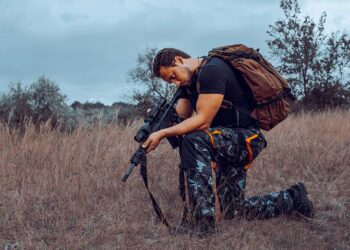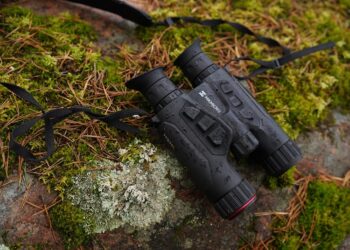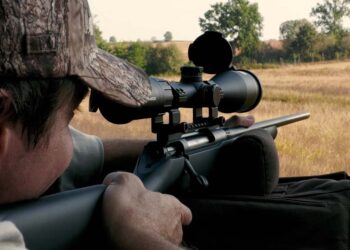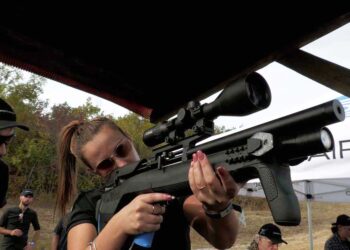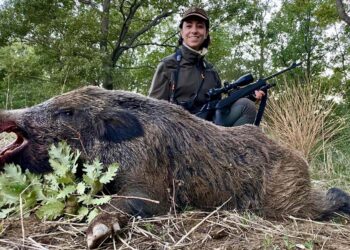 Hunt for Ducks and Snipe by Evita Peròn: Adios pampa mia, says the lyrics of a song. Listening to it you understand that the singer has a melancholy tone, aware that no other place in the world will be able to convey the same emotions as the Argentine pampas.
Hunt for Ducks and Snipe by Evita Peròn: Adios pampa mia, says the lyrics of a song. Listening to it you understand that the singer has a melancholy tone, aware that no other place in the world will be able to convey the same emotions as the Argentine pampas.
Las pampas are a magical, almost surreal place. They are an immense expanse of fertile plains in Argentina, which include the provinces of Buenos Aires, La Pampa, Santa Fe and Córdoba, Uruguay, and the southern part of Brazil. The overall extension of these plains exceeds 750.000 km². A vast territory, to say the least. Only by seeing it you understand its immensity.
When I was a child my grandfather often told me about jokes hunting in the pampas, where you can meet many wild animals, from water birds to red deer, from puma to wild boar, from peccaries to capybaras. I don't know if the sense of magic I felt while listening to my grandfather's stories was due to his ability to tell or to the pampas themselves.
I never knew until I went hunting off the Paraná River, in the province of Santa Fe, in the heart of theArgentina. Santa Fe is made up of particularly fertile black lands and interspersed with more or less intensively cultivated plots of land. In this area it is possible to meet a great variety of water birds, more than twenty species of wild ducks, of which fourteen are huntable. Only by citing the most numerous, you can meet the Bahamas and Chile codon (and garganrilla maicero), the Cicero or Cuchara, the peposaca Netta or Creston and, obviously, the snipe.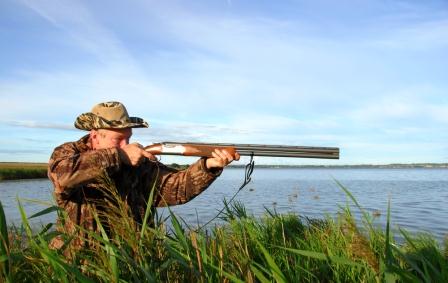
Hunters from all over the world consider these places to be a true paradise. I decided to go hunting on a Sunday in June. Here in Argentina, the hunting season runs from May 10st to August XNUMXth, in the middle of winter. For the uninitiated, Argentina is in the southern hemisphere and therefore the seasons are the exact opposite of the European ones.
That Sunday my friend Miguel and I decided to go to hunting ducks and snipe. For this hunting the magnum shotgun is the best with 1 star barrel, loaded with Winchester cartridges. There duck hunting it is carried out by exploiting the hunting posts built by the guides of these areas. The stalks are created with shrubs and branches taken from the surroundings. They are very simple and rustic, but they give a greater sense of wildness to a day of hunting. But the technology could not fail to arrive also in the pampas, to the point that we use not only decoy birds, but also robot ducks, which prove to be very effective in attracting the wild. This type of hunting has always been my favorite: waiting, relying on your senses to identify the wild, shooting, seeing the dog shooting, are moments that make it unique compared to the others. The company of a good friend also makes everything even more beautiful. Accompanying us in the pampas is Moses, my American Water Spaniel who will help us to recover the wild shot. 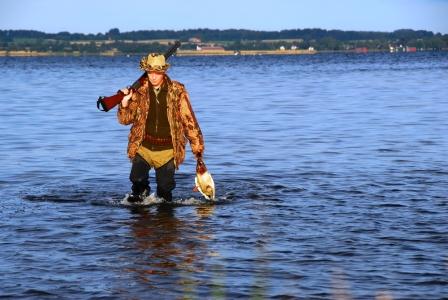
Sorry I didn't show up. My name is Lionel. Miguelito and I arrive at the meeting point "at the entrance" of the hunting area, where Manuel is waiting for us, our guide who will take us to the post office and where he will arrange the calls. To get to the post offices it takes about 45 minutes by boat, because the latter are located in the middle of a lagoon. It is not yet dawn and it is very cold. Every now and then I get a few drops of water on my face and I think of the ducks that rest on it without feeling any discomfort. During the navigation Manuel shows us the points where there are other fixed stalking, but he tells us that the one to which he is leading us is one of the best that he reserves only for friends. According to him, that post is very distant from the others and there the ducks feel quite safe, as the shots of the other hunters can be heard very far away. 
We finally reach the center of the lagoon where there are post offices. Manuel docks the boat by tying it to a stake stuck in the earth and starts arranging live decoys and robot ducks, while we check our equipment. After his work, Manuel greets us very quickly reminding us that he will come back to pick us up in a few hours. For safety he left us a radio transmitter with which it is possible to communicate with the base camp, should we ever need it. Miguel and I go into our hiding places, waiting for the dawn lights to begin to illuminate the body of water in front of us. We load our guns and the wait begins. Live calls and robots do their duty right away. Some ducks arrive in flight landing on the water, attracted by the sounds of our calls. Moses points fixedly at the ducks, ready to shoot seeing the game fall into the water after the shot. He too remains silent.
The ducks swim towards bushes in the middle of the water which prevent the shot. We wait for them to come out and take them off. The squadron of ducks, made up of four specimens, takes flight and the shots of our rifles start in sequence and hit the target. Moses does his duty by bringing back the ducks.
Manuel sighs and I ask him: "What is it? Aren't you satisfied?" We have just started". “I hope some snipes come along too. I like to go home with the variegated game bag ”. "Me too," I replied. “You will see that they will pass”.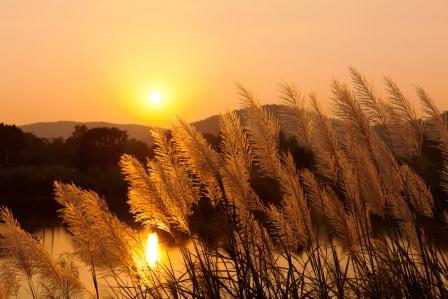
The wait begins again, in the hope that some snipe appear in front of us. Not even the time to finish the thought and here is one that comes from afar. Our expert eye recognizes it even from a distance. I leave the blow to Miguel, who does not fail. The sun now shines on the lagoon and the ducks are becoming more and more numerous, but apart from that specimen, not even the shadow of snipes. I start singing the song Adios pampa mia in my mind, to ease the tension. Being too focused can be counterproductive in some cases. You risk shooting badly and too quickly. As the words of the song flowed through me, gods begin to arrive snipe, as if I had lured them with some kind of magic formula. Surely it was the calls that attracted them, but I like to think that the magic of the pampas is a real thing. Miguel looks at me and smiles. I nod my head to him, as if to say: “It's up to us”.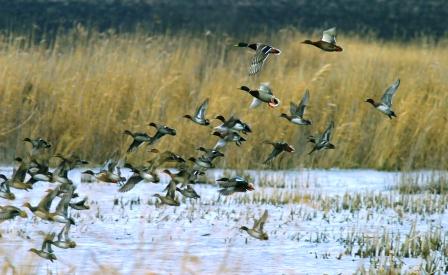
At that moment, between aiming and shooting, it seemed to me that time was passing very slowly. A strange sensation, which made me savor every moment of that action. Hours go by and our game bag is full. We decide to return and call Manuel via radio. Miguel and I are satisfied with the hunting day.
During the return trip, on the boat all three of us begin to sing that song aloud, aware, however, that ours is not a farewell to the pampas, but a goodbye. 


